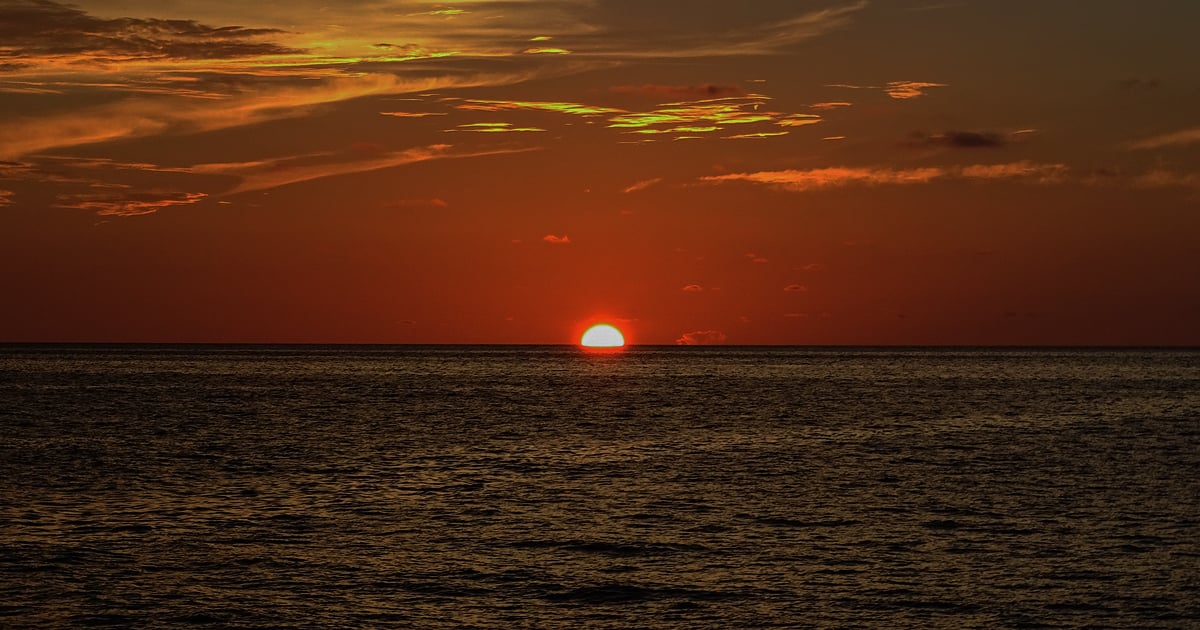The critical state of electricity generation in Cuba is deepening the sense of frustration among the population, who endure frequent and prolonged power outages while hearing promises of improvement for years. The energy crisis the country has faced since 2018, with ups and downs but no resolution, adds to the widespread crisis manifesting in food and medicine shortages, uncontrolled inflation, high prices, the collapse of public services, increased unsanitary conditions, and outbreaks of diseases like the Oropouche Virus.
Widespread Discontent Across Cuba
With this backdrop, and following the exit of the Felton thermoelectric plant in Holguín from the National Electric System (SEN), Martí Noticias gathered statements from several Cubans to understand the situation across the country.
"The electrical supply is four hours of power; the food shortage is total. What the population received now for the basic basket was from May; nothing has arrived from June," said activist Alfredo Álvarez Leyva last Friday from Sagua de Tánamo in Holguín.
In Pinar del Río, the epidemiological situation is complicated. Activist José Rolando Cásares told the cited media outlet that, in addition to prolonged power outages, the province has significant inefficiency in solid waste collection. "These are not power outages; they are power-ons. With the dengue and mosquito problem, there is no cleaning of areas with products," the activist assured.
The shutdown of Felton further complicated the electricity supply in the eastern region of the island. Independent journalist Anderlay Guerra Blanco reported that in Guantánamo, power cuts are constant and endless. "The levels of power outage here are extremely high all day long; some companies only work until noon," the journalist indicated.
In Palma Soriano, a municipality in Santiago de Cuba, the situation is very complex, Daniel García told Martí Noticias. "A third of Palma is losing power, and it's immense—the bad nights and the children crying and everything... It's criminal, criminal," the resident affirmed.
From Holguín, Dámaso Alberto Fernández confirmed that the power outages last 14 hours. "This morning, they cut it off until noon, but from six in the evening to midnight, they cut it off again," he explained.
Despite a slight and relative improvement experienced this past Father's Day in Cuba, the Felton shutdown also left the central provinces affected. According to entrepreneur Yoel Espinosa Medrano, last Friday, most of the city of Santa Clara was without power for almost the entire day. "At the moment, more than half of Santa Clara has no power; the night was total chaos, and this has caused problems with food preparation and bread production," the self-employed worker warned.
The situation did not improve across the country on Saturday. According to a social media report by the Cuban Electric Union (UNE), "the service disruption due to generation capacity deficit continued 24 hours a day" and reached 847 MW at noon. For Sunday, the state company led by Alfredo López Valdés forecasted a disruption of 326 MW, significantly lower than the previous day but still insufficient to meet the electricity service demand of its customers.
Understanding Cuba's Energy Crisis
To help readers better understand the ongoing energy crisis in Cuba, here are some frequently asked questions and their answers.
What is causing the frequent power outages in Cuba?
The frequent power outages are primarily due to the country's energy crisis, which has been ongoing since 2018. Issues include a lack of infrastructure investment, inefficiencies in the power grid, and the recent shutdown of key thermoelectric plants like Felton.
How are power outages affecting daily life in Cuba?
Power outages are severely impacting daily life in Cuba by disrupting food preparation, causing unsanitary conditions, and leading to a higher incidence of diseases. They also affect public services and businesses, exacerbating the country's overall crisis.
What measures are being taken to resolve the energy crisis?
The Cuban government has made various promises to improve the energy situation, but so far, these have not resulted in significant changes. Recent efforts include attempting to repair and maintain existing infrastructure, but these measures have yet to yield effective results.
